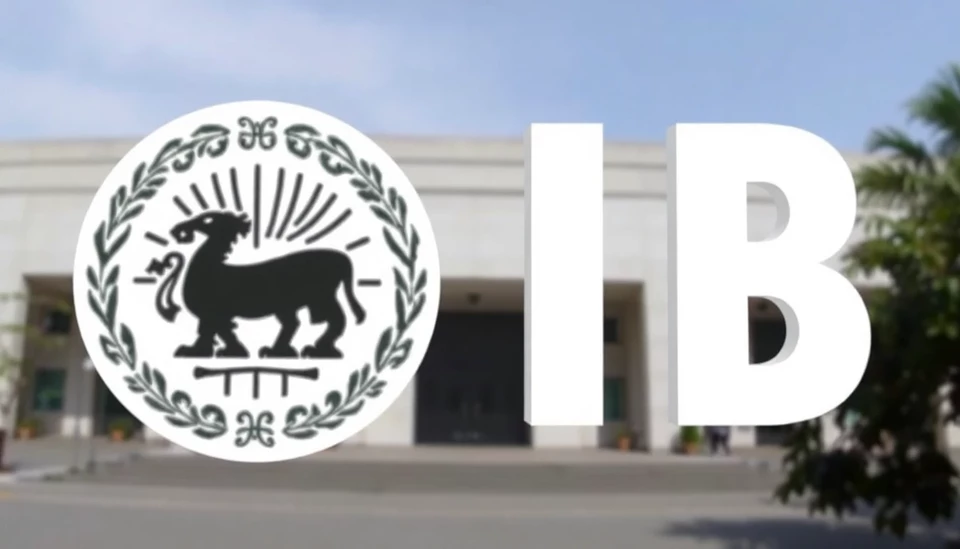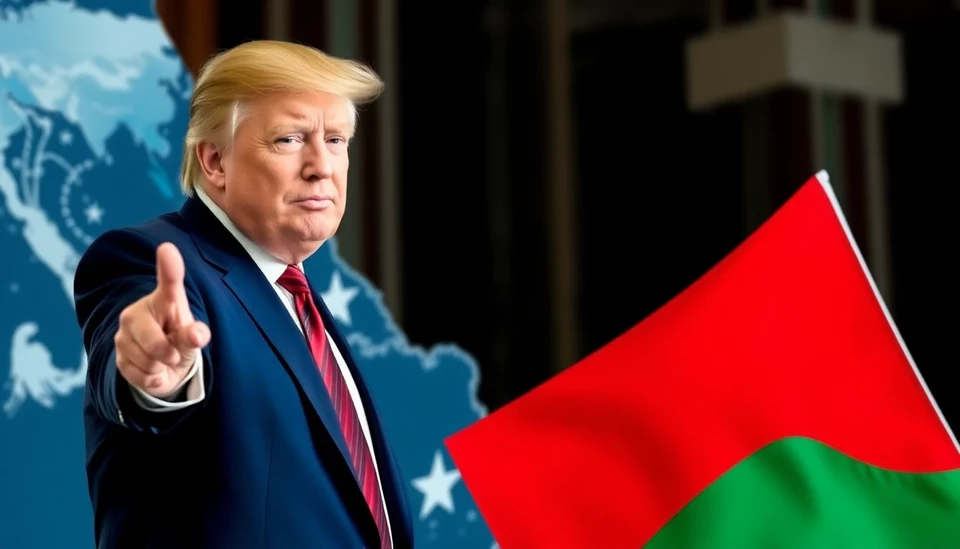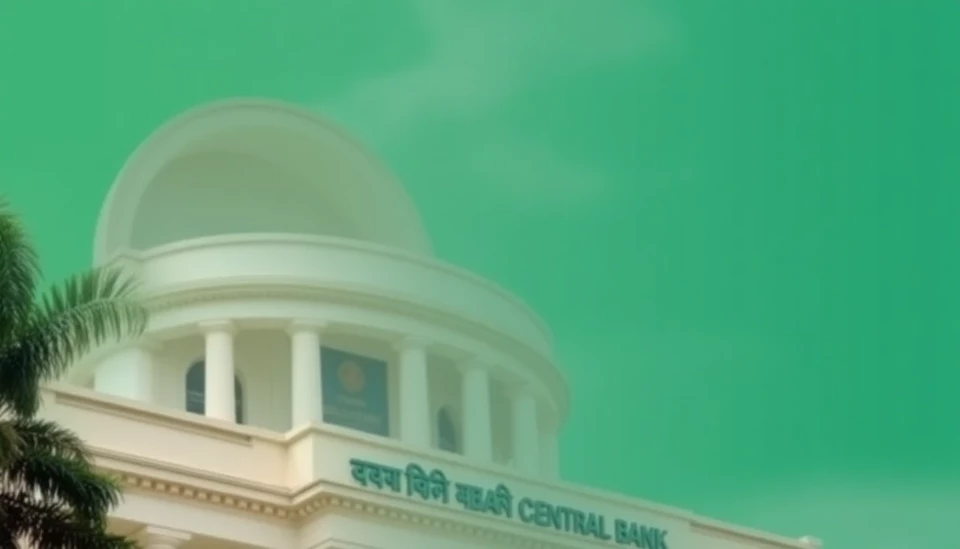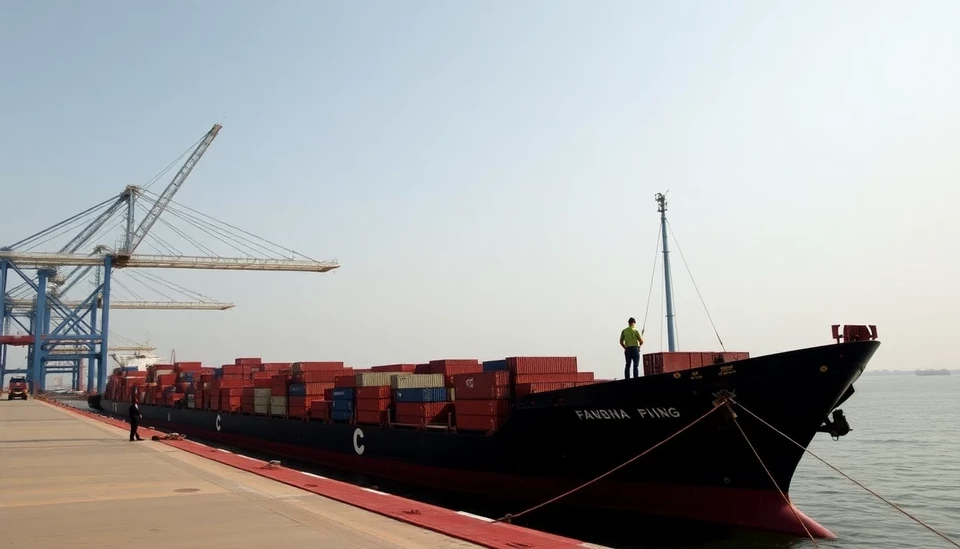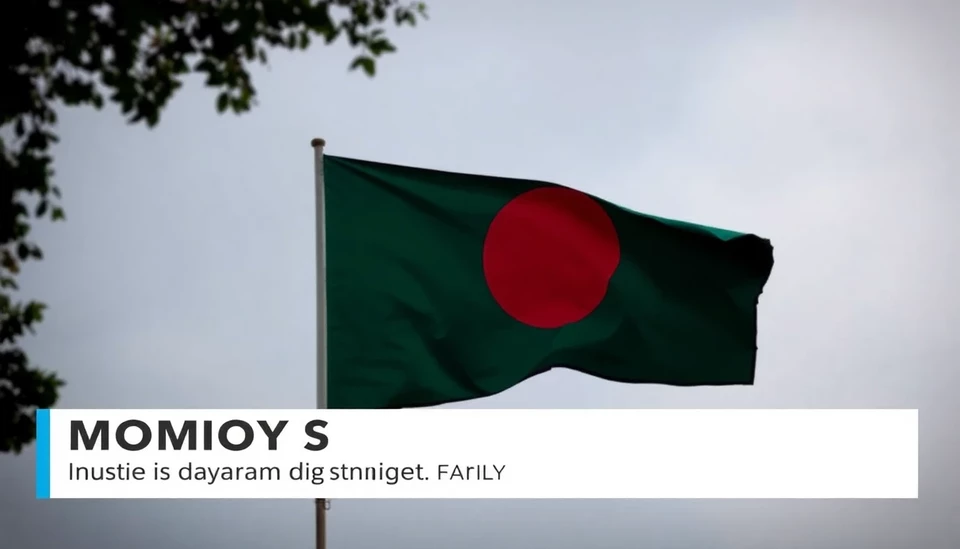
In a significant move, Moody's Investors Service has further downgraded Bangladesh's credit rating into junk territory, driven largely by escalating political risks and rising economic challenges. This decision marks a crucial moment for the South Asian nation that has been struggling to maintain fiscal stability while grappling with a turbulent political landscape.
Moody's slashed Bangladesh's rating from B2 to B3, citing deepening concerns over governance and political stability as pivotal factors contributing to the downgrade. The agency pointed out that the ongoing political tensions, particularly with the upcoming general elections, are creating an environment of uncertainty, discouraging both foreign investment and domestic economic growth.
This downgrade comes at a time when Bangladesh's economic indicators are already under strain—particularly as the country faces rising inflation, a depreciating currency, and a mounting debt burden. The global economic scenario, characterized by a slow recovery from the pandemic and increasing commodity prices, has further exacerbated these challenges.
Observers note that political instability has been a recurring theme in Bangladesh’s recent history, with protests and unrest becoming common as citizens express their dissatisfaction with the government. The impending general elections, slated for January 2024, raise concerns about potential violence and disorder, which have prompted investors to withdraw or hold back funds.
Economists are now cautioning that the economic fallout from the downgrade could be severe, adversely affecting Bangladesh’s efforts to realize its ambition of being a middle-income economy by 2026. The country's garment sector, a critical pillar of its economy, is particularly vulnerable as international buyers may reconsider their commitments in the face of rising political risks.
The downgrade by Moody’s not only impacts the perception of Bangladesh’s creditworthiness among investors but also influences the country's borrowing costs. As risks increase, Bangladesh may face higher interest rates on loans, further complicating its financial landscape.
In response to the downgrade, officials from Bangladesh have expressed disappointment, emphasizing their commitment to economic reforms and stability. They assert that the government’s initiatives to strengthen governance and enhance investment climates will counteract some of these uncertainties.
As the countdown to the elections continues, all eyes are now on Bangladesh to see how it navigates this tumultuous landscape, balancing political stability with economic growth to reclaim its standing in the global market.
#Bangladesh #Moody's #JunkStatus #PoliticalRisk #EconomicChallenges #CreditRating #Inflation #GarmentIndustry #MiddleIncomeCountry #GeneralElections
Author: Rachel Greene
